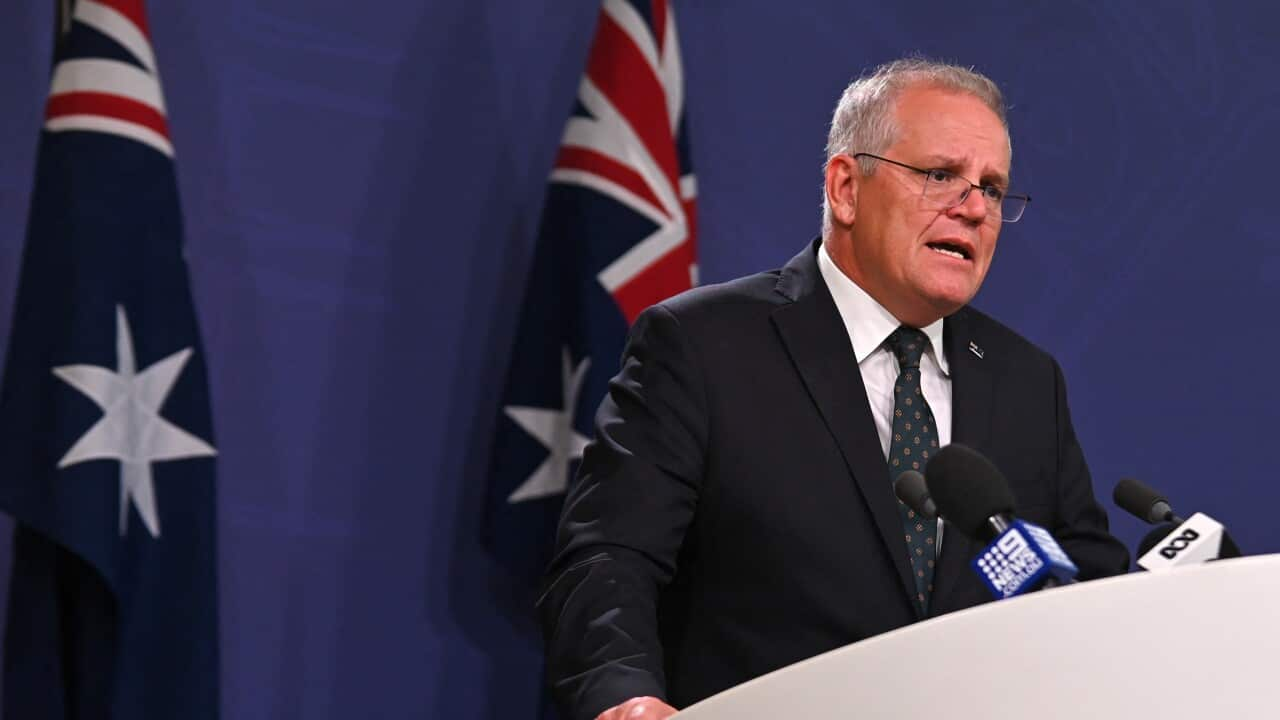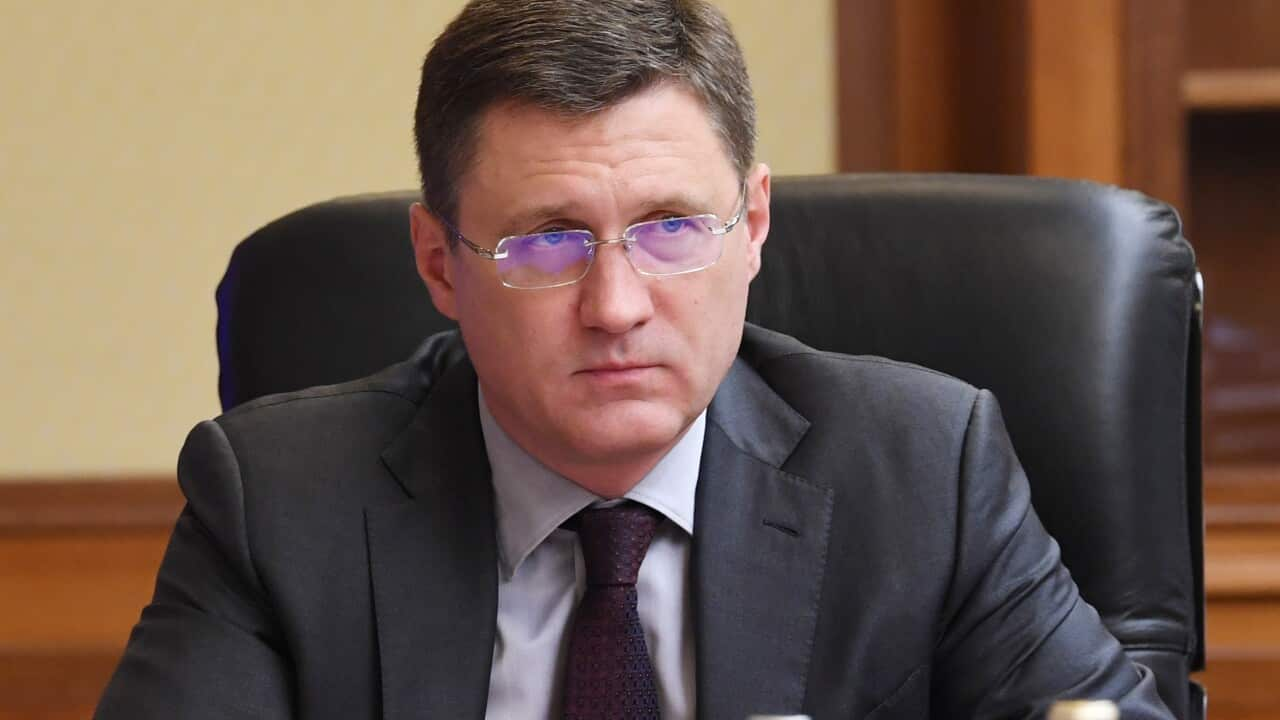Sanctions targeting propaganda and disinformation from Russian authorities have been unveiled by Foreign Minister Marise Payne to combat attempts to legitimise Moscow’s invasion of Ukraine.
Senator Payne said the response added to the action of Western allies to impose a “high price on those responsible for, and complicit in, Russia’s war on Ukraine”.
“Russia’s invasion of Ukraine has been accompanied by a widespread disinformation campaign, both within Russia and internationally,” Senator Payne said in a statement.
“Tragically for Russia, President Putin has shut down independent voices and locked everyday Russians into a world characterised by lies and disinformation.”
Senator Payne said sanctions would be imposed against 10 people of strategic interest to Russia for their role in “encouraging hostility” towards Ukraine and promoting pro-Kremlin propaganda.
“This includes driving and disseminating false narratives about the “de-Nazification” of Ukraine, making erroneous allegations of genocide against ethnic Russians in eastern Ukraine, and promoting the recognition of the so-called Donetsk People’s Republic and Luhansk People’s Republic as independent,” she said.
The new round of sanctions will also impose targeted financial penalties on the Armed Forces of the Russian Federation, and targeted financial sanctions and travel bans against an additional six senior Russian military commanders responsible for implementing naval, ground and air attacks on Ukraine.
Moscow’s officials have repeatedly denied the military operation against Ukraine is an “invasion” accusing Western media of failing to report on what they cast as a “genocide” against ethnic Russians in Ukraine.
Russia's parliament last week passed a law imposing a jail term of up to 15 years for spreading intentionally "fake" news about the military, stepping up the information war over the conflict in Ukraine.
Moscow has repeatedly complained that Western media organisations offer a partial - and often anti-Russian - view of the world while failing to hold their own leaders to account.
The response has seen media outlets, including the BBC, CNN and Bloomberg News suspend operations in Russia, while others have said they are closely assessing the situation.
The Australian government is also working with Facebook, Twitter and Google to suspend the dissemination of Russian state media within Australia.
SBS and Foxtel have already announced the suspension of Russia Today and NTV broadcasting.
Sanctions against the Russian Armed Forces will prohibit the export of goods from Australia to all Russian military operations, including ground, navy and missile troops.
Australia will also hit another 11 financial institutions with economic sanctions of significance to Moscow, including the Central Bank of Russia.
Global allies are weighing their hopes on the cumulative economic toll of the sanctions undermining Russia over time.
“Australia and partners will continue to impose costs on Russia’s egregious, unlawful and completely unjustified war on Ukraine,” Senator Payne said.
So far, Australia has sanctioned more than 350 Russian individuals, including oligarchs, members of Russia’s parliament and military commanders.
It has also imposed financial sanctions and travel bans directly against Russia’s President Vladimir Putin.
The Russian government has reportedly named Australia as among a list of ‘unfriendly states’ that includes all European Union countries and the United States.
According to Interfax, the list was signed by Prime Minister Mikhail Mishustin and is part of the Decree of the President of the Russian Federation.












